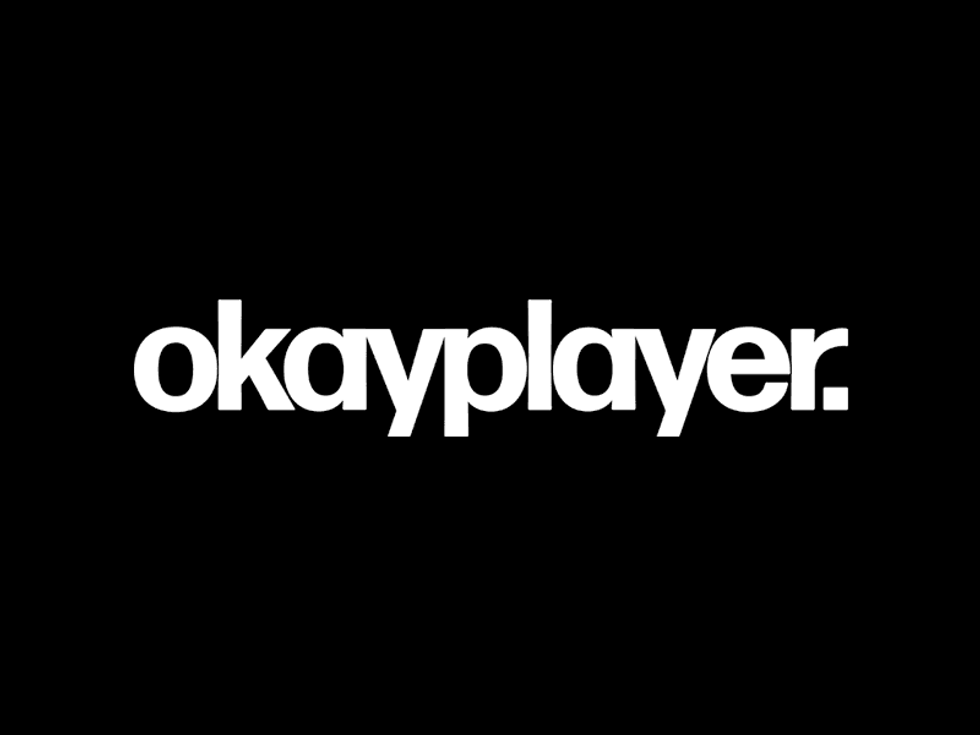![Director Cory Bowles Speaks On ‘Black Cop,’ Anti-Black Racism & State Violence [Interview]](https://www.okayplayer.com/media-library/director-cory-bowles-speaks-on-black-cop-anti-black-racism-state-violence-interview.png?id=33182261&width=1200&height=800&quality=90&coordinates=0%2C33%2C0%2C34)
Director Cory Bowles Speaks On ‘Black Cop,’ Anti-Black Racism & State Violence [Interview]
Source: TIFF
To continue reading
Create a free account or sign in to unlock more free articles.
By continuing, you agree to the Terms of Service and acknowledge our Privacy Policy
Register
The content is free, but you must be subscribed to Okayplayer to continue reading.
THANK YOU FOR SUBSCRIBING
Join our newsletter family to stay tapped into the latest in Hip Hop culture!
Login
To continue reading login to your account.
Forgot your password?
Please enter the email address you use for your account so we can send you a link to reset your password:
![Director Cory Bowles Speaks On ‘Black Cop,’ Anti-Black Racism & State Violence [Interview]](https://www.okayplayer.com/media-library/director-cory-bowles-speaks-on-black-cop-anti-black-racism-state-violence-interview.png?id=33182261&width=1200&height=800&quality=90&coordinates=0%2C33%2C0%2C34)

At best, satire walks a thin line between social commentary and irony and at its worst, it is dismissive and dangerous; often contributing to the systems it claims to criticize. One of the most talked about films at this year’s Toronto International Film Festival was Black Cop, a feature that succeeds at making everyone stop in awe. Writer and director Cory Bowles may be known best for comedy but his take on tackling heavier issues is a powerful one. After a profiling and assault by fellow officers pushes him over the edge, Black Cop’s nameless title character takes matters into his own hands — placing him as an anti-hero with an understandable vendetta that spins the target towards white supremacy.
Black Cop explores ideas about resistance and revenge and makes our assumptions of what things might look like “the other way around” a reality. Though not a perfect film, it creates dialogue that puts familiar tropes in new settings as a comment on their absurdity. Shot in Nova Scotia, Canada, the film’s geographical setting is left vague with no mentions or visual markers to pinpoint an exact city or even country. It’s a movie that not only prompts viewers to create their own relatable context, but also one that speaks to the universality of anti-black racism and state violence. A favorite during the festival, Cory Bowles took a concept that started as a 10-minute short in 2016 and expanded it into the feature-length look at what happens when power dynamics are flipped on their head.
@Okayplayer got a few moments of Mr. Bowles time to discuss the making of the film with him, police brutality and if he was apprehensive about using satire with such a subject.

Cory Bowles: There’s a number of things. It’s impossible for people that aren’t from our community to understand the collective sense of mourning and trauma we constantly feel. They can sympathize but that’s it. Also, I have an issue with black officers that I’m just realizing and trying to work through. I tried to give a voice to someone I usually don’t give a chance to. I wanted to examine this character that’s looked at as a traitor by our community, a token by so many other communities and what that must be like.
OKP: Were you apprehensive about using satire?
CB: Most of my work lives there but I have to thank films like Get Out as well. Satire is so overused and can be a hard thing to execute, but you can use it as a warning most of the time.
OKP: How do you think Black Cop will be received?
CB: With anything that’s accessible you run the risk of the point being missed. Even with a film like Get Out I’m sure there are people who are like, “Well, it’s not really about that. It’s just a horror movie.” There will be some people who really get it, but I expect polarizing feedback. People are already accusing me of making a film that's anti-white and it isn’t at all. It’s exploring something they know they contribute to. People will see Black Lives Matter all over this movie and have their feelings about it, but I’m ready for it.
OKP: You leave the location in Black Cop ambiguous. Is that on purpose?
CB: Any city, anywhere it can happen. In the script, it’s just “a city.” Nobody has names, either. We’re at a point now where you can talk about Freddie Gray or Sandra Bland and people may forget where it took place. They’re starting to blend together. You can rip down the names and locations and the story is the same no matter where you place it.
OKP: What were you trying to say about police brutality in a Canadian context?
CB: You know, someone said they’re not a fan of [Trailer Park Boys] anymore and to keep my nose out of American business, but it is a problem here. It’s a problem in Halifax, a problem in Winnipeg, a problem in Toronto. And beyond it being anti-black, not even 10 years ago officers would drop Indigenous people in the middle of nowhere in the middle of winter with no shoes or coat after a pick-up. They are executing people. People don’t realize that there’s a reason why Black Lives Matter Toronto is invited to Pride in other cities and why we don’t want police presence at the parade or other spaces. Police being present is already a detriment to our life in these communities, and this is a global problem.
Sajae Elder is a Toronto-based writer, curator, and producer who talks music mostly on Twitter @JaeFiasco.